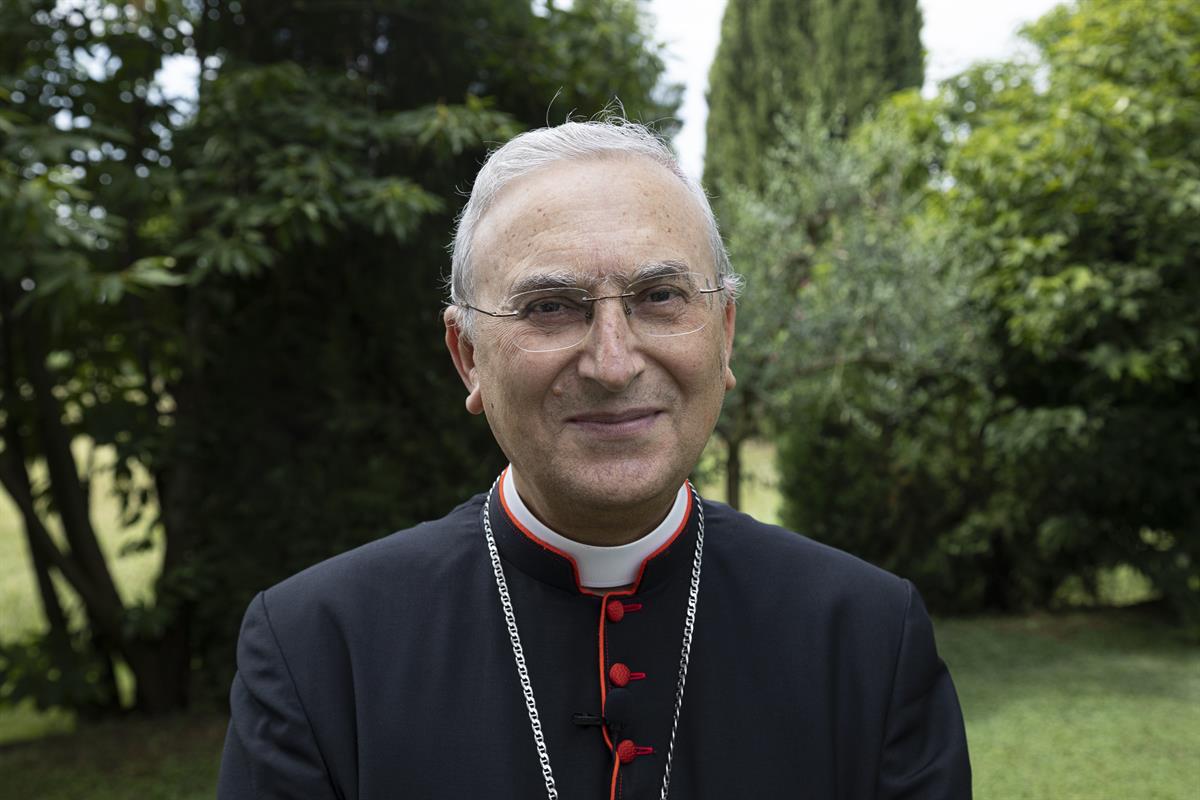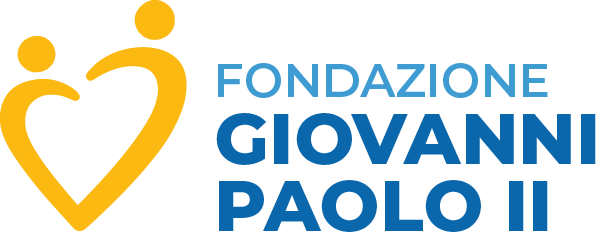
Parla S.E. il cardinale Zenari, nunzio apostolico a Damasco
«Non dimenticate la Siria»
Aziende, associazioni, ospedali. Dalla Toscana è partito tanto aiuto concreto per un popolo che ha sofferto pene indicibili ma non ha perso dignità e speranze
“Questo Paese resta un modello di tolleranza”, dice il Nunzio, “ma ora la situazione è drammatica. Il processo di pace è a un punto morto, la povertà incalza”. “Ecco che cosa si può fare per aiutare i siriani”.
«Non dimenticate la Siria», sono le parole che S. E. il cardinale Mario Zenari, Nunzio Apostolico in Siria dal 2008, utilizza in questa intervista. Lo abbiamo raggiunto a Damasco, mentre era appena rientrato da un viaggio in Libano. La situazione economica è drammatica; i bambini e le bambine continuano a essere le prime vittime nonostante la fine della guerra; la ricostruzione del Paese non è iniziata; l’inflazione costringe a lunghe interminabili file per un po’ di pane. Ma la Siria, con il suo modello di dialogo fra etnie, religioni e culture differenti può essere un modello «di tolleranza, non solo per il Medio-Oriente, ma direi anche per il resto del mondo».
Sulla Siria, anche a causa del Covid-19 che ha colpito il mondo, è calata una «coltre di silenzio» come ha detto Papa Francesco. Come si vive oggi in Siria, fra povertà e Covid-19?
«C’è da dire che la diffusione della pandemia del Covid-19 è stata finora abbastanza contenuta, anche se nei mesi scorsi ci sono stati dei momenti critici. Questo è dovuto senz’altro al fatto che la Siria è un Paese con le frontiere chiuse.
Purtroppo, oltre e ancor prima del Covid-19, i Siriani sono alle prese con la “pandemia della povertà”, che secondo i dati delle Nazioni Unite colpisce il 90% della popolazione. Da un paio di anni non si registrano più scontri sanguinosi in diverse regioni del Paese, ma la gente chiama questa nuova fase del conflitto come “guerra economica”. A causa del punto morto in cui si trova il processo di pace, non si vede né ricostruzione, né avvio economico. Inoltre, corruzione, mal governo, crisi libanese, pandemia a livello mondiale e sanzioni fanno tutto il resto. In due parole, si può dire che la Siria è sempre più povera e malata. Nemmeno nei momenti più duri della guerra si sono viste lunghe code di persone davanti ai panifici che vendono a prezzi sovvenzionati dal Governo. Altrettanto dicasi delle lunghe colonne di auto ferme alle stazioni di benzina. Sono appena rientrato da un breve soggiorno in Libano. Alla frontiera tra i due Paesi si vedevano dei siriani che comperavano al mercato nero la benzina libanese. E in Libano ho visto diversi distributori di benzina chiusi per mancanza di carburante!»
Eminenza, la nostra Fondazione ha un progetto per i bambini di Aleppo, con i francescani. Quali sono i bisogni dei bambini e delle bambine oggi in Siria? Mi risulta che stiano aumentando anche i casi di tumore, oltre ai danni psicologici causati da dieci anni di guerra e alle ferite e mutilazioni che molti bambini si portano nella carne.
«I bambini sono purtroppo le prime vittime di questo lungo e sanguinoso conflitto. Molti sono morti, altri sono stati estratti feriti da sotto le macerie, altri portano nel corpo e nell’animo ferite insanabili. Ne ho visti tanti, in questi ultimi anni, negli ospedali di Damasco, feriti da schegge mentre andavano o tornavano da scuola, qualcuno anche con gli arti amputati. Più di due milioni di loro non possono frequentare la scuola, essendo un edificio scolastico su tre messo fuori servizio a causa della guerra. Aumenta, inoltre, la piaga del lavoro minorile, dell’arruolamento, dei matrimoni precoci per le bambine, dello sfruttamento sessuale… Cresce anche il numero di bambini malati di tumore. Cosa ci si può aspettare dall’uso indiscriminato, per ben dieci anni, di esplosivi di ogni genere? A questo si aggiunga anche l’utilizzo di armi chimiche, secondo quanto accertato dall’OPCW (Organizzazione Mondiale per l’Interdizione di Armi Chimiche). Non solo le persone, ma anche la natura geme in Siria: inquinamento dell’aria, dell’acqua e del suolo».
Cosa possiamo fare noi in Italia e in Europa per aiutare i siriani?
«Anzitutto, non dimenticare questo martoriato Paese, come ripete spesso Papa Francesco. Inoltre, cercare di portare i primi soccorsi, come fece il Buon Samaritano, con quell’uomo derubato dai ladroni e lasciato mezzo morto sul ciglio della strada. Prestare i primi urgenti aiuti magari attraverso istituzioni umanitarie cristiane o di varie ONG attive in campo umanitario: aiuti alimentari, medicinali, assistenza ospedaliera, casa, lavoro. Agire, allo stesso tempo, sui governi affinché si riprenda il processo di pace e la Siria possa essere messa in piedi e in grado di camminare con le proprie gambe, con l’avvio della ricostruzione e dell’economia, dove si richiedono, a detta degli esperti, centinaia di miliardi di dollari».
Io ho visto che nonostante la guerra, le sue distruzioni, la povertà, il covid-19 la Siria è un modello di dialogo fra cristiani e musulmani. Quanto possiamo imparare da questo dialogo fraterno anche noi.
«I siriani sono, in genere, persone tolleranti. La Siria rappresenta un mosaico di etnie, culture e religioni. Gli uni, a esempio, partecipano alle principali feste religiose degli altri. La fine del Ramadan è un giorno non lavorativo per tutti, e così le feste di Natale e di Pasqua. Purtroppo questo mosaico, dopo il lungo conflitto, ha subito qua e là qualche danno. La Siria resta comunque un modello di tolleranza, non solo per il Medio Oriente, ma direi anche per il resto del mondo».
La visita del Papa in Iraq è stata un dono, lungamente atteso, per i cristiani e i musulmani. Spesso il Papa parla della «amata e martoriata Siria». A quando una sua visita in Siria?
«La visita di Papa Francesco in Iraq ha costituito un felice evento, sotto certi aspetti anche per la gente siriana in generale, e non solo per i cristiani. La visita del Papa in Siria avverrà non appena le circostanze lo consentiranno. Qui si conserva ancora un indimenticabile ricordo della visita che fece il Papa S. Giovanni Paolo II nel maggio del 2001, quando era da poco presidente Bashar Al-Assad. Occorre anche ricordare che la Siria, oltre a 4 imperatori romani, ha dato ben 6 Papi alla Chiesa».
Renato Burigana

